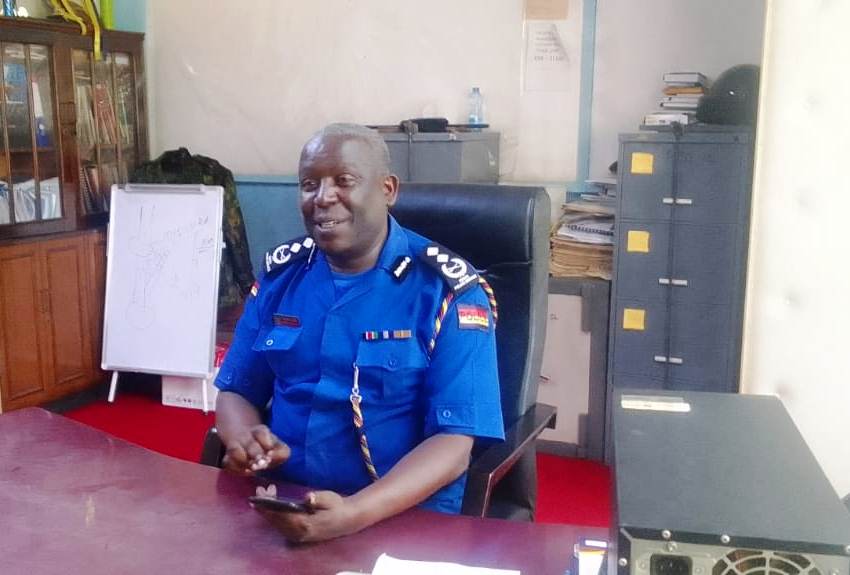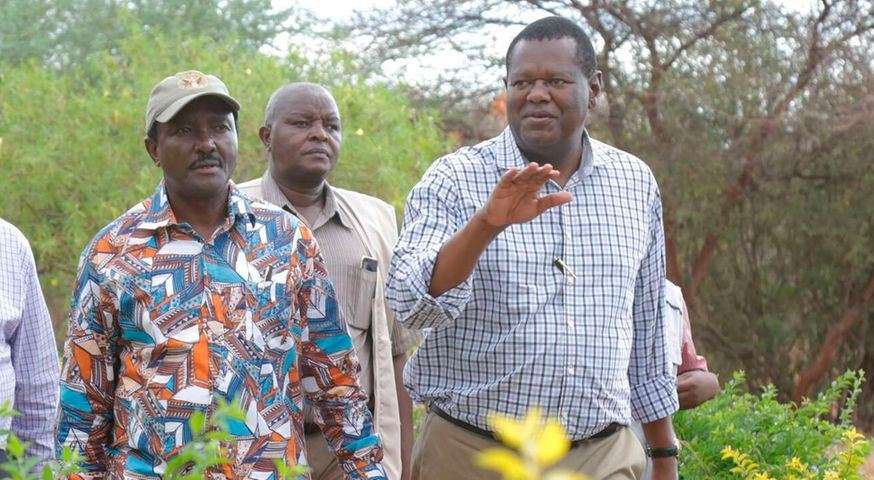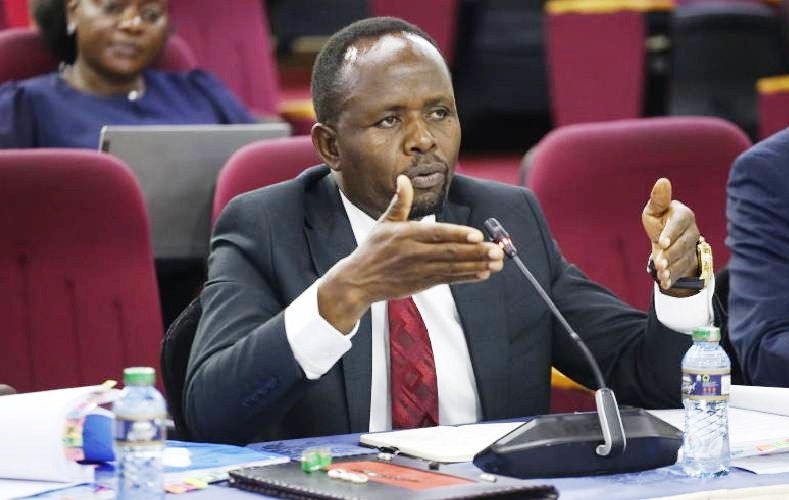By TWV Team
Two months ago, the High Court sitting in Garissa delivered a landmark ruling set to fundamentally change citizenship and refugee rights in Kenya. According to the judgment delivered by Justice John Onyiego, children born to a Kenyan parent and a refugee, or a person seeking refugee status, are Kenyan citizens by birth, entitled to all rights, privileges, and benefits under the law.
To unlock the full article:
Choose one of the options below:
- Ksh 10 – This article only
- Ksh 300 – Monthly subscription
- Ksh 2340 – Yearly subscription (10% off)
Declaring unconstitutional the practice by the Principal Registrar of Births and Deaths of stamping birth notifications with refugee agency marks, labelling birth certificates with the term “refugee,” and entering such children’s details into the Kenya/UNHCR refugee database, the court held that these actions violated the Constitution and the children’s rights.
Justice Onyiego further condemned the forced confinement of such children within refugee camps, which denies them access to quality healthcare, housing, education, food, water, sanitation, and other basic rights. He ruled that such treatment is unconstitutional and inconsistent with Articles 29 and 39 of the Constitution.
The judge affirmed that a child born in Kenya to one Kenyan parent and another parent who is a refugee or seeking refugee status is a full Kenyan citizen, entitled to all benefits granted to other citizens, including the issuance of registration and identification documents.
“The state is therefore under an obligation to protect and enforce that right. Once established, this right should not be subjected to any unreasonable obstacles that limit its enjoyment,” Justice Onyiego ruled.
The ruling arose from two consolidated petitions filed in the Garissa High Court by Haki Na Sheria Initiative, Ms Fatuma Omar, and Ms Fozia Mohamed. The petitioners sued the Cabinet Secretary for Interior, the Director General of Citizenship and Immigration Services, the Principal Registrar of Births and Deaths, the Commissioner of Refugee Affairs, the Attorney-General, and the Principal Registrar of Persons.
The petitions challenged alleged violations of fundamental rights relating to children born in Kenya to one Kenyan parent and one refugee parent. The petitioners argued that such children faced differential treatment that effectively stripped them of their Kenyan citizenship, rendering them stateless.
Justice Onyiego emphasised that for a child’s birth registration and issuance of a birth certificate, parents need only submit an application and prove that one parent is a Kenyan citizen. Birth certificates should be issued without any “refugee” stamps.
In his ruling, Justice Onyiego noted that such actions were in contravention of Article 14(1), Article 14(2), and Article 27 of the Constitution:
- “To stamp birth certificates with the word ‘refugee’ dilutes the legality and significance of the document. It discriminates against Kenyan children born to a refugee parent compared to those born to two Kenyan parents.”
The court warned against entering such children’s details into UNHCR or government refugee databases, observing that classifying them as refugees would effectively render them stateless despite their Kenyan nationality.
The ruling also addressed the citizenship rights of non-Kenyan spouses married to Kenyan citizens for more than seven years, who have been denied the right to apply for citizenship through marriage. The court held that all such spouses, including those with refugee status or seeking refugee status whose eligibility has not yet been conclusively determined, are entitled to apply for Kenyan citizenship upon meeting the requirements under Article 15(1) of the Constitution. They are entitled to all rights, privileges, and benefits granted by law.
Justice Onyiego clarified, however, that while marriage to a Kenyan citizen for seven years entitles one to apply for citizenship, it does not guarantee automatic registration. Some circumstances may justify refusal, but the right to apply is beyond question.
The court directed the Attorney-General to prepare and present to Parliament within one year an amendment recognising documents issued to refugees as lawful asylum-seeker documents for purposes of citizenship acquisition through marriage.
Failing this, the court ruled that the Director of Immigration and relevant departments must exempt applicants from producing proof-of-residence documents (such as dependents’ passes or work permits), and instead accept documentation issued to lawful refugees married to Kenyans for over seven years.
This landmark ruling affirms the supremacy of the Constitution and the Bill of Rights.
Advocate Maureen Okoth, representing the Global Strategic Litigation Council for Refugees – East and Horn of Africa, hailed the judgment as a significant victory for human rights. “This judgement reaffirms that the right to citizenship by birth is a fundamental and inalienable right that cannot be denied arbitrarily,” Ms Okoth stated. “It also underscores Kenya’s legal obligation, under both the Constitution and international human rights law, to prevent statelessness and to ensure that every child born within its territory, particularly those with a Kenyan parent, is granted legal identity and equal protection under the law.”
[/full]




